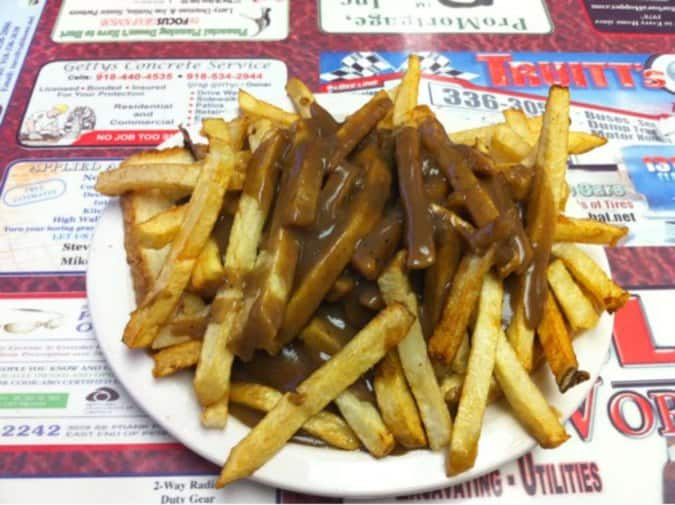Table Of Content

Esperanza begins the novel with detailed descriptions of the minute behaviors and characteristics of her family members and unusual neighbors, providing a picture of the neighborhood and examples of the many influential people surrounding her. She describes time spent with her younger sister, Nenny, and two older girls she befriends in the neighborhood; Alicia, a promising young college student with a dead mother, and Marin, who spends her days babysitting her younger cousins. Esperanza highlights significant or telling moments both in her own life and those in her community, mostly explaining the hardships they face, such as her neighbor being arrested for stealing a car or the death of her Aunt Lupe. She is excited when boys on the street or at a dance look at her; however, two instances of sexual violence destroy Esperanza's illusions of true love and her first kiss. So too, her promiscuous friend Sally's behavior also contributes to Esperanza's cynicism and caution when dealing with the opposite sex.
The House on Mango Street (SparkNotes Literature Guide)
Esperanza and her family (Papa; Mama; her two brothers, Carlos and Kiki; andher sister Nenny) have moved around from rented house to rented house, untilthey were able to acquire their own home on Mango Street. Esperanza is thenarrator of a series of vignettes about the street and its inhabitants, whomshe observes closely and some of whom she befriends. Esperanza is not only ashamed of her home, but she is also uncomfortable with her outside appearance, which she feels does not convey the true personality hidden insider her. She is very self-conscious about her name, whose mispronunciation by teachers and peers at school sounds very ugly to her ears. Esperanza was named after her great- grandmother, who was tricked into marriage and doomed to a life of sadness afterwards.
Full Book Analysis
This ‘vicious cycle’ is seen when Esperanza goes and tells Sally's mother that her daughter is in a garden with three boys and the mother completely disregards this, her mother doesn't seem surprised or worried. Her mother cares for her cuts and bruises allowing for the violence to perpetuate,[21] both mother and daughter give excuses to the father. The bare fact that Sally marries at such a young age to a man that ends up treating her just like her father, shows how this cycle is so ingrained in the way of life of many women, and passed from generation to generation. The author pities this character, not blaming her for what happened to her, Sally was very young and immature to fully understand her surroundings, to find a way out. As the new girl on the block, Esperanza observes many of life's most joyous and harsh realities while meeting her Mango Street neighbors. Her first friend, Cathy, is a short-lived friendship because Cathy's father soon moves the family away because the neighborhood is getting bad, or in other words becoming more inhabited by lower-class Latinos like Esperanza's family.
Chicano literature and culture

Her friend, who, like Esperanza only wanted to dream and share love, is first beaten by her father to prevent Sally ruining the family with her "dangerous" beauty. To escape, Sally, though underage, marries a traveling salesman and the cycle of abuse continues. Enraged and saddened by her friend's tragedy, Esperanza vows to leave Mango street, become a writer, and build her dream home. The people in Esperanza’s Mango Street neighborhood are trapped in gender-defined roles.
Her mother shares her own regrets about giving up on her education too soon and wasting her talents. Esperanza begins to dream of having a house all to herself; a house surrounded by nature that is quiet enough to focus on writing. The final vignette declares that she will continue on with her love of writing and will leave Mango Street in order to pursue her dream, but she will not forget to come back for the ones she leaves behind. Esperanza describes her Aunt Lupe, who was seriously ill and dies on thesame day that the children play a game imitating her, making Esperanza thinkthat she (Esperanza) may be going to hell.
Sandra Cisneros, through her semiautobiographical protagonist Esperanza, demonstrates that patriarchal society cannot accommodate women seeking to develop independent identities. Esperanza's inner conflict, born out of living in a patriarchal world, is mirrored in the conflicts of women in the vignettes. The House on Mango Street covers the formative years of Esperanza Cordero, a young Chicana girl living in an impoverished Chicago neighborhood with her parents and three siblings. Before settling into their new home, a small and run-down building with crumbling red bricks, the family moved frequently, always dreaming of having a house of their own. Pining for a white, wooden house with a big yard and many trees, Esperanza finds her life on Mango Street suffocating and yearns to escape.
Author Sandra Cisneros On Her New Novel 'Martita, I Remember You' - Forbes
Author Sandra Cisneros On Her New Novel 'Martita, I Remember You'.
Posted: Wed, 15 Sep 2021 07:00:00 GMT [source]
Husbands lock wives in their homes; fathers abuse daughters and force them to lie about it; and men use women for pleasure and little more. Esperanza’s intentions to escape to a life of dignity and agency are spurred by what she witnesses. Aunt Lupe – Aunt Lupe is primarily present in the vignette "Born Bad," in which Esperanza scolds herself for mimicking her dying aunt.
‘House on Mango Street’ author Sandra Cisneros traces her life through places she's lived - Fox News
‘House on Mango Street’ author Sandra Cisneros traces her life through places she's lived.
Posted: Thu, 15 Oct 2015 07:00:00 GMT [source]
Summary and Study Guide
Esperanza, early in life, notices differences in these roles, observing how boys and girls interrelate. Her brothers talk to her and her sister at home, but they do not engage in public. Her culture, she realizes, has one set of expectations for boys and another, restricted set for girls. To illustrate this contrast, she tells the story of her great-grandmother Esperanza, which, in the structure of interlocking vignettes, serves as the inciting incident.
Nevertheless, Esperanza still dreams of sitting outside at night with her boyfriend, but she has set her standards higher than most of the women around her. She refuses to seek out a man to "escape," because she has seen too many neighbors unhappy in marriage. Ruthie, for example, has run away from her husband and has lost her senses; young Rafaela is so beautiful that her husband locks her indoors when he leaves.
At a carnival with Sally, Esperanza is forced into losing her virginity to a boy that she wants to escape from. She never forgives Sally for getting her into that situation or for not rescuing her. After the assault, in the novella’s falling action, Sally marries a much older man and runs away; like the other women on Mango Street, she becomes identified only by her association with a man. Esperanza returns to her younger friends, Lucy and Rachel, whose innocence and lack of sexual knowledge comfort her. As the novella reaches its resolution, Esperanza realizes that to make her life her own, she must leave Mango Street. She will return to help and support the women in her neighborhood, but she understands that she must forge her own identity, knowing that her Mango Street experiences will always remain a part of who she is.
Esperanza vows that she will not end up like the first Esperanza and so many women do- watching life pass by through the window. To break free from her name connotations, she longs to rename herself "Zeze the X," a choice she finds more reflective of her true self. When the family finally moves into a house (instead of an apartment), it is nothing like what any of them hoped or dreamed. Their house is crowded up against apartment buildings, and the residents of the neighborhood are loud and bustling.
Esperanza witnesses Alicia’s struggles and becomes aware that when the mother of a family passes away, all caregiving falls to the eldest daughter. Sally seems to represent the vicious cycle of domestic violence and repression felt by women on Mango street. She is utterly desperate to find a man to marry her, to escape the beatings and maltreatment she gets from her father at home.






















